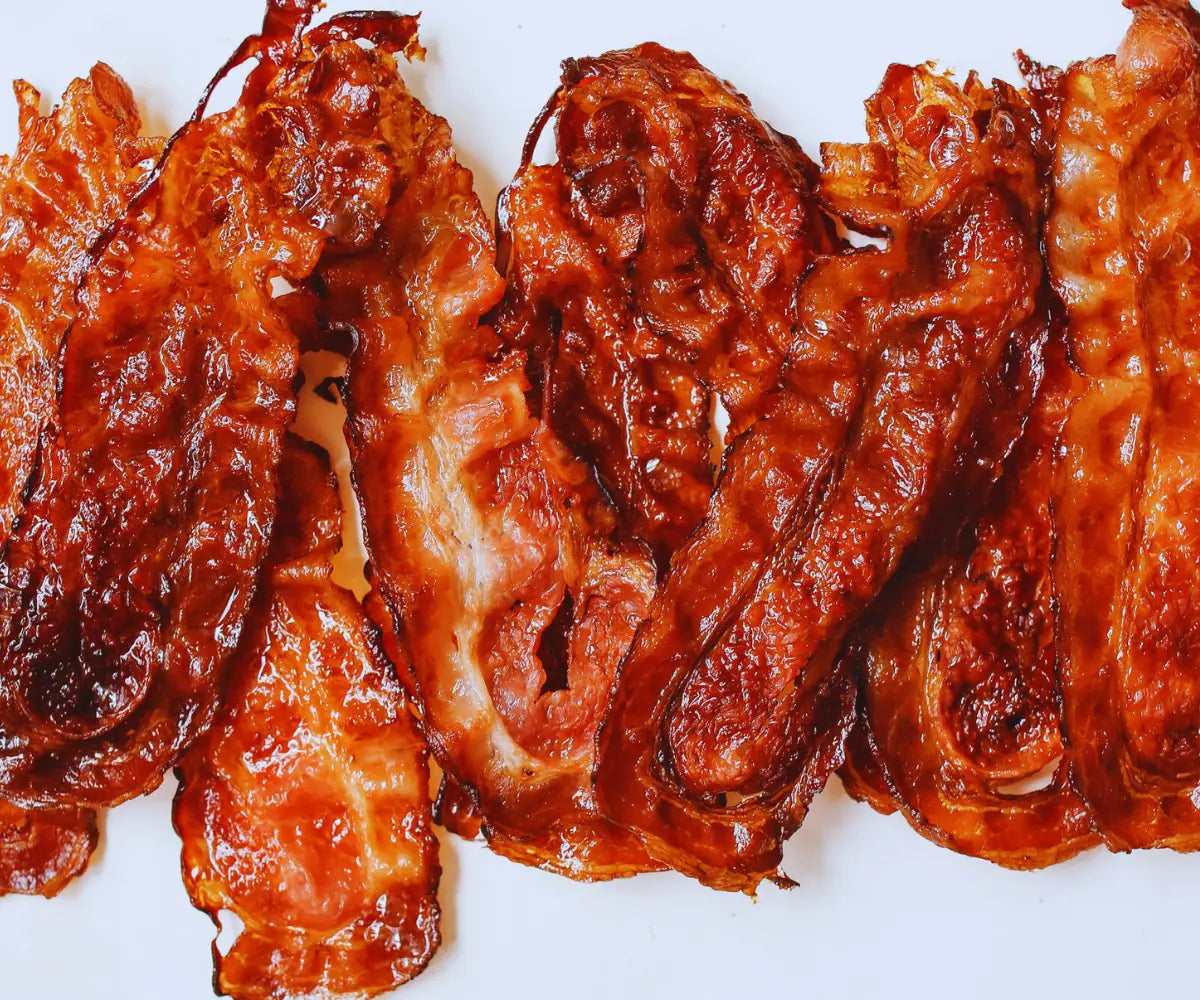Cholesterol is a vital component of the body, but an imbalance can significantly increase the risk of cardiovascular disease. Cholesterol levels are particularly elevated after the holidays, when many people have enjoyed rich meals, sugary treats, and fatty foods. Our modern diet, which often consists of processed foods and unhealthy fats, also contributes to this. Many people are unsure what cholesterol is, how it affects the body, and how they can improve their levels. In this article, you'll learn what cholesterol is, what types there are, and how you can positively influence your levels through diet and lifestyle.
What is cholesterol?
Cholesterol is a fatty substance that plays an important role in the body. It is needed for the production of hormones, vitamin D, and bile acids. Cholesterol is partly absorbed through food and partly produced in the liver [1]. There are two main types:
-
LDL cholesterol (low-density lipoprotein): Often referred to as "bad" cholesterol because it can build up on the walls of blood vessels, forming plaques. These plaques narrow the vessels and increase the risk of heart attack and stroke [2].
-
HDL cholesterol (high-density lipoprotein): This "good" cholesterol transports excess cholesterol back to the liver, where it is broken down. A high HDL level can have a protective effect [3].
Why is high cholesterol dangerous?
High LDL cholesterol levels can lead to atherosclerosis, a narrowing and hardening of the arteries. This reduces blood flow and can lead to serious consequences such as heart attack, stroke, or peripheral arterial disease (PAD) [4]. Elevated cholesterol levels often go unnoticed because they don't cause direct symptoms.
How can you lower cholesterol naturally?
1. Adjust your diet
-
More fiber: Foods like oatmeal, fruits, vegetables, and legumes bind cholesterol in the intestines and help eliminate it from the body. In the short term, they can reduce LDL levels by up to 5% [5].
-
Opt for healthy fats: Replace saturated fats (e.g., in butter and red meat) with unsaturated fats found in avocados, nuts, olive oil, and fish. These fats increase HDL cholesterol while lowering LDL [6].
-
Avoid trans fats: Processed foods often contain trans fats, which raise LDL cholesterol and lower HDL cholesterol.
2. Exercise regularly
Just 150 minutes of moderate exercise per week can help increase HDL cholesterol and lower LDL levels. Exercise improves blood circulation and helps the body burn excess cholesterol [7].
3. Quit smoking
Smoking lowers HDL cholesterol and damages blood vessels, increasing the risk of atherosclerosis. Quitting nicotine often leads to a noticeable improvement in cholesterol levels and overall heart health [8] .
4. Enjoy alcohol in moderation
Moderate alcohol consumption, especially red wine, can increase HDL cholesterol. However, too much alcohol has the opposite effect and increases the risk of cardiovascular disease. [9].
You can find out more about the benefits of abstaining from alcohol here: Dry January – alcohol break for body and mind .
5. Control your weight
A weight loss of just 5–10% can improve cholesterol levels. Less body fat means lower levels of LDL cholesterol and triglycerides in the blood. [10].
Which foods are particularly high in cholesterol?
Some foods can negatively affect cholesterol levels:
-
High salt consumption: Although salt doesn't directly affect cholesterol levels, high salt consumption can increase blood pressure. High blood pressure puts strain on blood vessels and can exacerbate the negative effects of high cholesterol on the cardiovascular system. It's important to moderate salt consumption, especially if other risk factors such as high cholesterol are already present.
-
Fried foods: They often contain trans fats.
-
Fatty meat and sausages: High in saturated fat.
-
Ready-made products: Many contain hidden fats and sugar.
-
Full-fat dairy products: They are high in saturated fats.
Can cholesterol be completely controlled by medication?
Statins are commonly prescribed medications that reduce cholesterol production in the liver. They are effective but often associated with side effects. Natural measures such as a healthy diet and exercise can complement or even replace medications if cholesterol levels are not too elevated. [11].
Conclusion: Healthy habits for a strong heart
Cholesterol is essential for life, but an imbalance can be dangerous. With a healthy diet, regular exercise, and a healthy lifestyle, you can positively influence your cholesterol levels and reduce your risk of cardiovascular disease. Small changes in your daily routine can make a big difference in the long run—and your heart will thank you.
